
Gian Galeazzo Ciano, 2nd Count of Cortellazzo and Buccari, was an Italian diplomat and politician who served as Foreign Minister in the government of his father-in-law, Benito Mussolini, from 1936 until 1943. During this period, he was widely seen as Mussolini's most probable successor as head of government.

The Italian Social Republic, known prior to December 1943 as the National Republican State of Italy, but more popularly known as the Republic of Salò, was a German puppet state and fascist rump state with limited diplomatic recognition that was created during the latter part of World War II. It existed from the beginning of the German occupation of Italy in September 1943 until the surrender of Axis troops in Italy in May 1945. The German occupation triggered widespread national resistance against it and the Italian Social Republic, leading to the Italian Civil War.
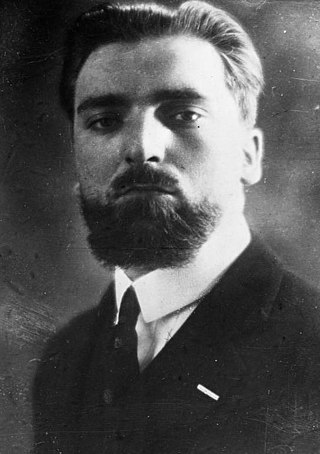
Dino Grandi, 1st Conte di Mordano, was an Italian Fascist politician, minister of justice, minister of foreign affairs and president of Parliament.

Edda Ciano, Countess of Cortellazzo and Buccari was the daughter of Benito Mussolini, fascist Prime Minister of Italy from 1922 to 1943. Her husband, the fascist propagandist and Foreign Minister Galeazzo Ciano, was executed in January 1944 for his role in Mussolini's ouster. She strongly denied her involvement in the National Fascist Party regime after her father's execution by the Italian partisans in April 1945.

Emilio De Bono was an Italian general, fascist activist, marshal, war criminal, and member of the Fascist Grand Council. De Bono fought in the Italo-Turkish War, the First World War and the Second Italo-Abyssinian War. He was one of the key figures behind Italy's anti-partisan policies in Libya, such as the use of poison gas and concentration camps, which resulted in the deaths of tens of thousands of civilians and have been described as genocidal.

The Grand Council of Fascism was the main body of Mussolini's Fascist regime in Italy, which held and applied great power to control the institutions of government. It was created as a body of the National Fascist Party in 1922, and became a state body on 9 December 1928. The council usually met at the Palazzo Venezia, Rome, which was also the seat of the head of the Italian government. The Council became extinct following a series of events in 1943, in which Benito Mussolini was voted out as the Prime Minister of Italy.

Amerigo Dumini was an American-born Italian fascist hitman who led the group responsible for the 1924 assassination of Unitary Socialist Party leader Giacomo Matteotti.

Odoardo Dino Alfieri was an Italian fascist politician and diplomat. He served as Benito Mussolini's press and propaganda minister and ambassador to Berlin.

Giovanni Marinelli was an Italian Fascist political leader.

Piero Pisenti was an Italian Fascist journalist and politician.
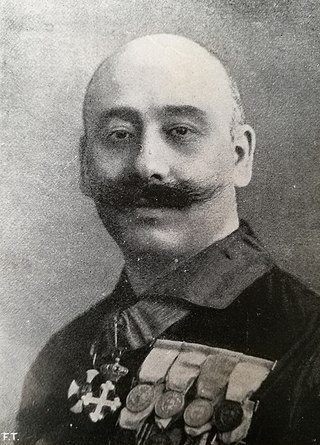
Cesare Maria De Vecchi, 1st Conte di Val Cismon was an Italian soldier, colonial administrator and fascist politician.

Tullio Cianetti was an Italian fascist politician who was well known for his work with the trade unions.

Il processo di Verona is a 1963 Italian historical drama film directed by Carlo Lizzani. The film tells of the final phases of the Italian fascist regime, in particular the affair of the 1944 Verona trial, in which Galeazzo Ciano, Emilio De Bono, Giovanni Marinelli and other eminent Fascist officials were sentenced to death and almost immediately executed by a shooting detachment, while Tullio Cianetti was sentenced to 30 years imprisonment.

The Fall of the Fascist regime in Italy, also known in Italy as 25 Luglio, came as a result of parallel plots led respectively by Count Dino Grandi and King Victor Emmanuel III during the spring and summer of 1943, culminating with a successful vote of no confidence against the Prime Minister Benito Mussolini at the meeting of the Grand Council of Fascism on 24–25 July 1943. The vote, although significant, had no de jure value, since by law in a constitutional monarchy the prime minister was responsible for his actions only to the king, who was the only one who could dismiss him. As a result, a new government was established, putting an end to the 21 years of Fascist rule in the Kingdom of Italy, and Mussolini was placed under arrest.

Carlo Pareschi was an Italian Fascist politician, member of the Grand Council of Fascism and minister of agriculture of the Kingdom of Italy from 1941 to 1943.
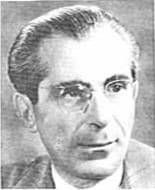
Vincenzo Cersosimo was an Italian judge during the Fascist regime. A member of the Special Tribunal for the Defense of the State both in the Kingdom of Italy and the Italian Social Republic, he is best known for his role as examining magistrate in the Verona Trial and the Admirals' Trial of 1944.
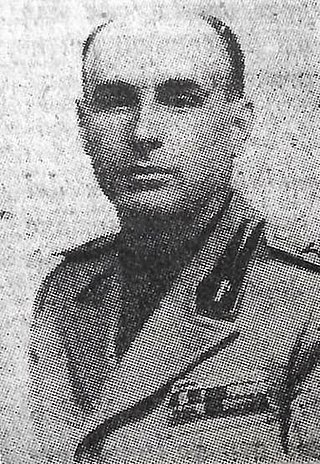
Domenico Mittica was an Italian Fascist politician and a Blackshirt general during World War II.
Giovanni Dolfin was an Italian Fascist politician and civil servant, member of the Italian Chamber of Deputies from 1934 to 1938 and private secretary of Benito Mussolini during the first five months of the Italian Social Republic.
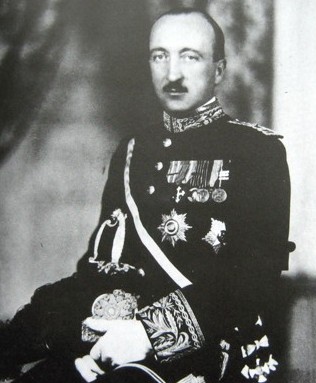
Zenone Benini was an Italian industrialist and Fascist politician who served as the last minister of public works of the Mussolini Cabinet.

Luciano Gottardi was an Italian Fascist politician and trade unionist.



















